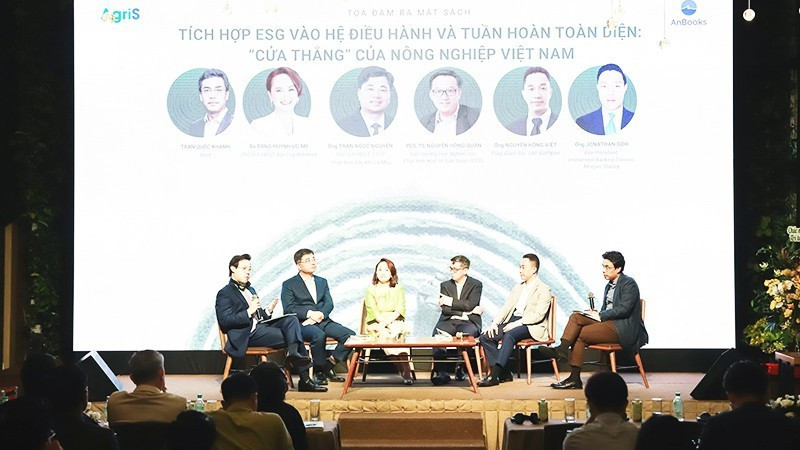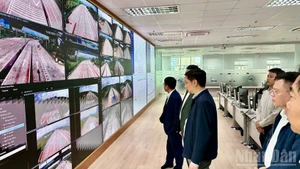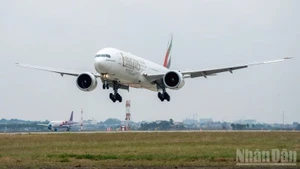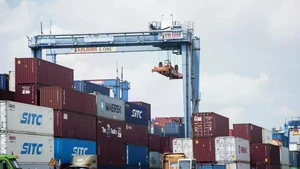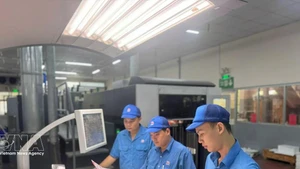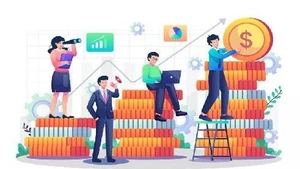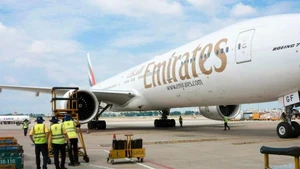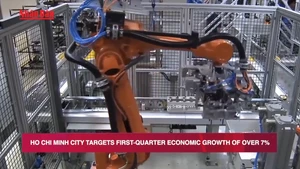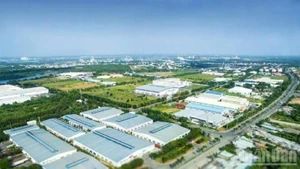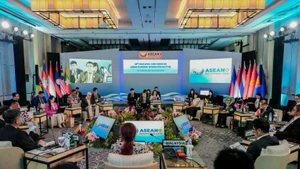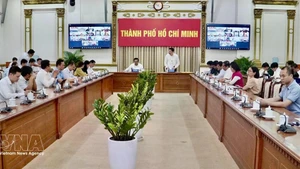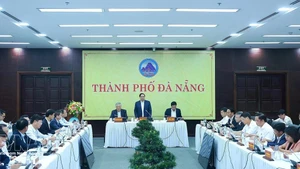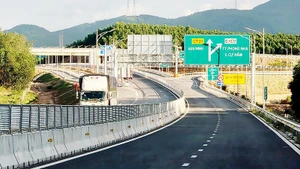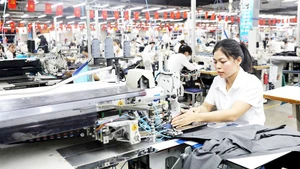Lessons from AgriS and Betrimex
In 2024, Viet Nam ranked 15th globally in agri-food exports, with a total export value of 62.5 billion USD and market access in more than 200 countries and territories. Yet according to The Economist Group’s 2021 Sustainable Food Index, Viet Nam only achieved an average score, ranking 53rd out of 78 countries. The country stood at 41st place for food and agricultural waste control and 65th for sustainable agriculture. Only a small proportion of domestic agricultural products currently participate in global sustainable value chains.
Many agricultural sectors remain fragmented, and international certifications such as Bonsucro, GlobalG.A.P., Organic or Rainforest Alliance are still rare. The recurring scenario of “good harvest, low prices” continues to appear across provinces. Market prices remain volatile, and farmers are often the first to suffer losses.
According to Dang Huynh Uc My, Chairwoman of the Boards of Thanh Thanh Cong Bien Hoa (AgriS) and Ben Tre Import-Export JSC (Betrimex), the biggest challenge for Vietnamese agriculture today is not productivity but waste — waste in fertilisers, unplanned cultivation, and above all, waste caused by producing before planning the market.
The root of inefficiency lies in the lack of a comprehensive management system. Instead of researching all possible scenarios before production, we tend to act first and learn later, wasting both time and value, she said.
It took AgriS seven years to prepare before Vietnamese sugar could be listed on the London and New York commodity exchanges in 2021. The process involved designing plantations, standardising documentation, building logistics systems, implementing enterprise resource planning (ERP), complying with Bonsucro standards (the global benchmark promoting sustainable sugarcane production and use), adopting international accounting practices, ensuring transparent data, and establishing commercial credibility.
Alongside two key drivers — green finance and shared value creation — the company has focused on precision agronomy and its Farmer Relationship Management (FRM) platform, which connects farmers with banks and enterprises to resolve bottlenecks in capital, technology and market access.
Today, AgriS holds 46% of the domestic sugar market, is the first Vietnamese company to receive Bonsucro certification, and consistently ranks among the top 20 firms with the highest sustainability scores. Its ESG (Environmental, Social and Governance) rating exceeds 90%, compared with an industry average of around 70%.
Three years ago, AgriS invested in a farm in Australia to learn from international practices. In 2023, it established a pilot “sandbox” model farm in Cambodia to test the limits of sustainable agriculture under harsh conditions. Farmers were trained and practised new cultivation models on-site. One year later, its model farm in Tay Ninh province became a hub connecting agronomy, crop science, technology, and finance.
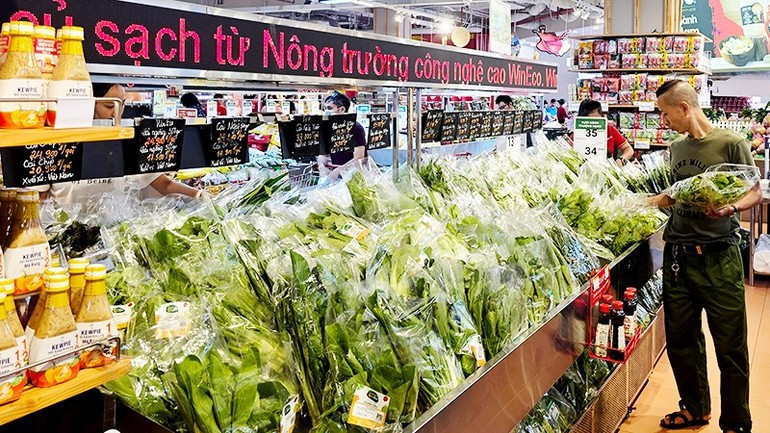
From a bulky operation of 6,800 workers producing 300,000 tonnes of sugar, AgriS now achieves 1.2 million tonnes with just 2,800 employees — boosting productivity and multiplying value per hectare many times over. The company has built a full-scale agricultural ecosystem capable of providing end-to-end solutions, targeting revenue of 60 trillion VND (approximately 2.2 billion USD) by 2030.
Betrimex, meanwhile, was the first Vietnamese enterprise to earn Fairtrade certification — one of the world’s most rigorous sustainability standards in agriculture. Its products are now present in more than 80 markets worldwide. Having initially struggled with its desiccated coconut business, the company pivoted to a “Zero Waste” strategy, turning by-products into new value streams.
After nearly a decade of restructuring, Betrimex has expanded coconut water production from just tens of thousands of litres a year to 110 million litres, creating an extended value chain with nearly 100 different coconut-based products. Its approach is rooted in strict compliance with global standards and the use of technology to minimise waste — tackling the dual challenge of sustaining livelihoods while reducing emissions and protecting resources and the environment.
Sustainability as a competitive edge
A deep commitment to circular economy principles is increasingly seen by experts as the key for Vietnamese agriculture to position itself as a sustainable global brand. At the seminar “Integrating ESG into operations and comprehensive circularity – Viet Nam’s winning edge in agriculture”, Associate Professor and Dr Nguyen Hong Quan, Director of the Institute for Circular Economy Development, noted that the concept of a “circular economy” in Viet Nam is still often understood narrowly as waste reuse. However, the added value from this approach remains limited and does not ensure fair distribution among stakeholders.
What distinguishes circular agriculture from other sectors is its holistic view of the value chain — leveraging each nation’s and region’s strengths to drive growth. By fully utilising by-products, applying science and technology, and harnessing existing potential, Viet Nam’s agriculture can generate greater value and elevate its position in global value chains. The key is not to stop at raw production, Dr Quan emphasised.
He explained: “Once we have the raw materials, we must move beyond export and develop deep processing, expand production, enhance value, and establish strong linkages. Alongside positive policies promoting circular economy development, Viet Nam now enjoys favourable conditions to access new technologies, developing domestically while learning internationally. However, to tailor everything to domestic enterprises requires self-understanding of our culture, people, and how to embed these into institutional frameworks and policies.”
“Our ‘winning edge’ lies in an international competency framework built on three pillars: Governance — adhering to global management standards; Science — advancing agronomy and precision farming; and Platform — developing transparent, real-time data-sharing systems. ESG should not exist only in reports but must be embedded in the organisation’s operating system, allowing us to speak the global language of sustainability.” said Dang Huynh Uc My, Chairwoman of AgriS and Betrimex.
A recent survey by Morgan Stanley, a leading US investment bank and asset manager, revealed that nearly 90% of investors are ready to fund sustainable enterprises within the next year, and over 60% believe ESG integration should be part of investment risk assessment.
In the past 2.5 years, 250 billion USD has been allocated to sustainable investments, and this figure continues to rise. The global capital market is clearly shifting towards sustainability, with ESG now a decisive factor in valuing any project or enterprise.
When ESG is effectively integrated, businesses gain greater access to green finance. Green capital is not just about preferential interest rates — it is a catalyst for improving corporate governance. It introduces stricter “filters” that push firms to refine processes, uphold operational discipline, and maintain transparent data.
To access green finance, enterprises must present not only a business plan but also a three-tier dataset: what has been achieved — proving existing capacity; what is being implemented — demonstrating standardised processes; and what will be done — outlining measurable improvement targets.
For the agricultural sector, international financial institutions pay special attention to companies’ research and development capacity, including seed innovation, yield improvement, precision farming, Zero Waste by-product chains, and new processing formulas…
